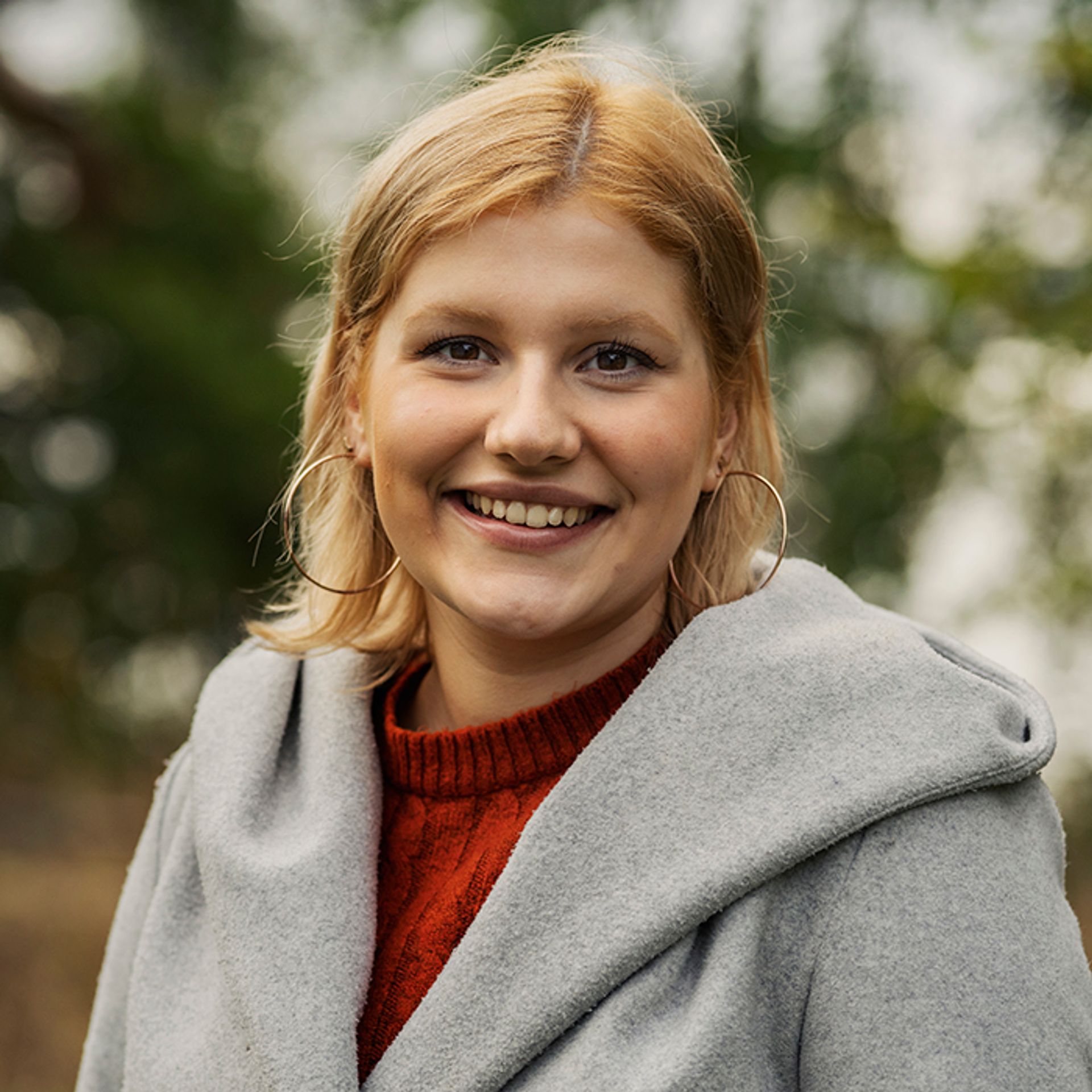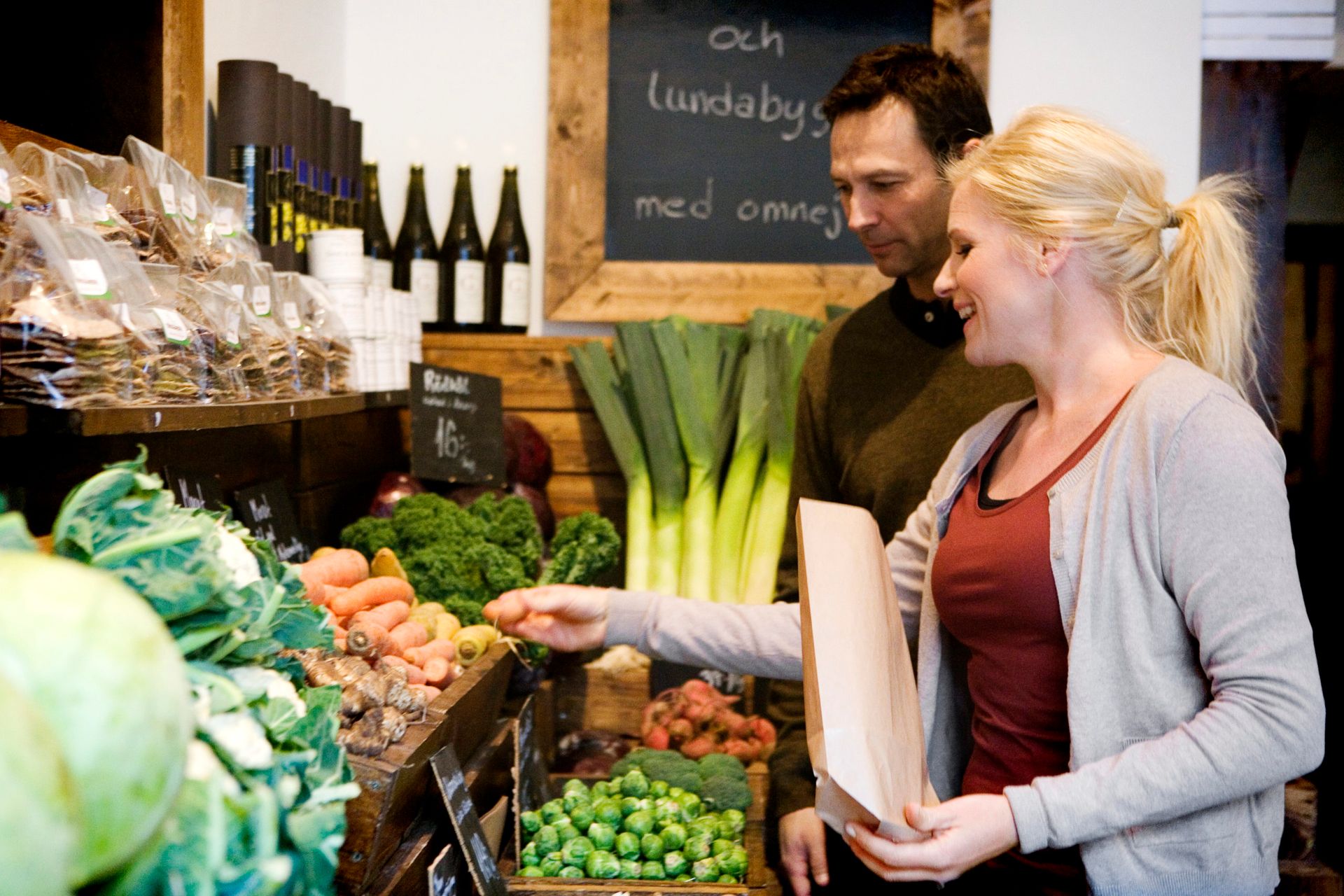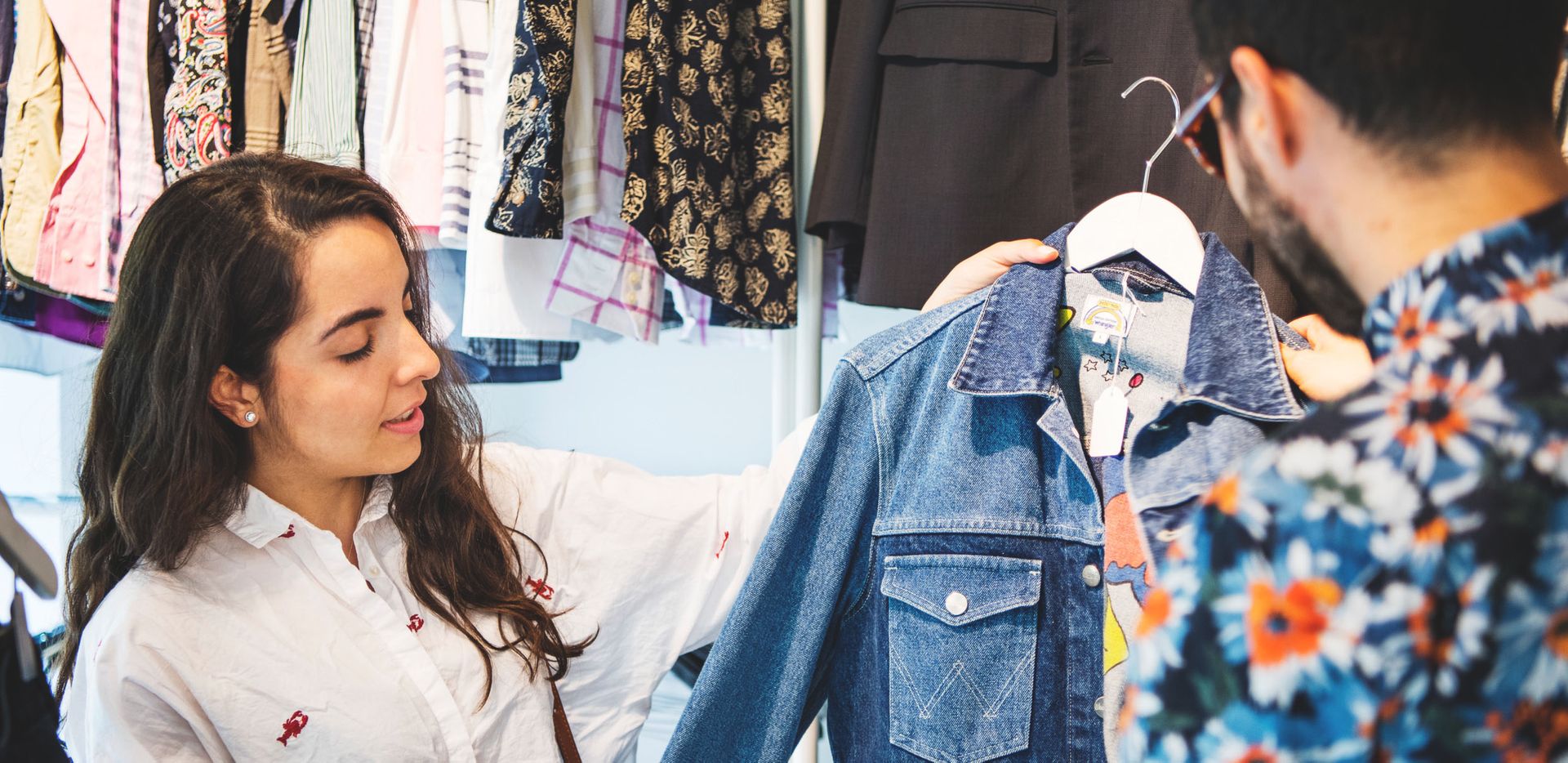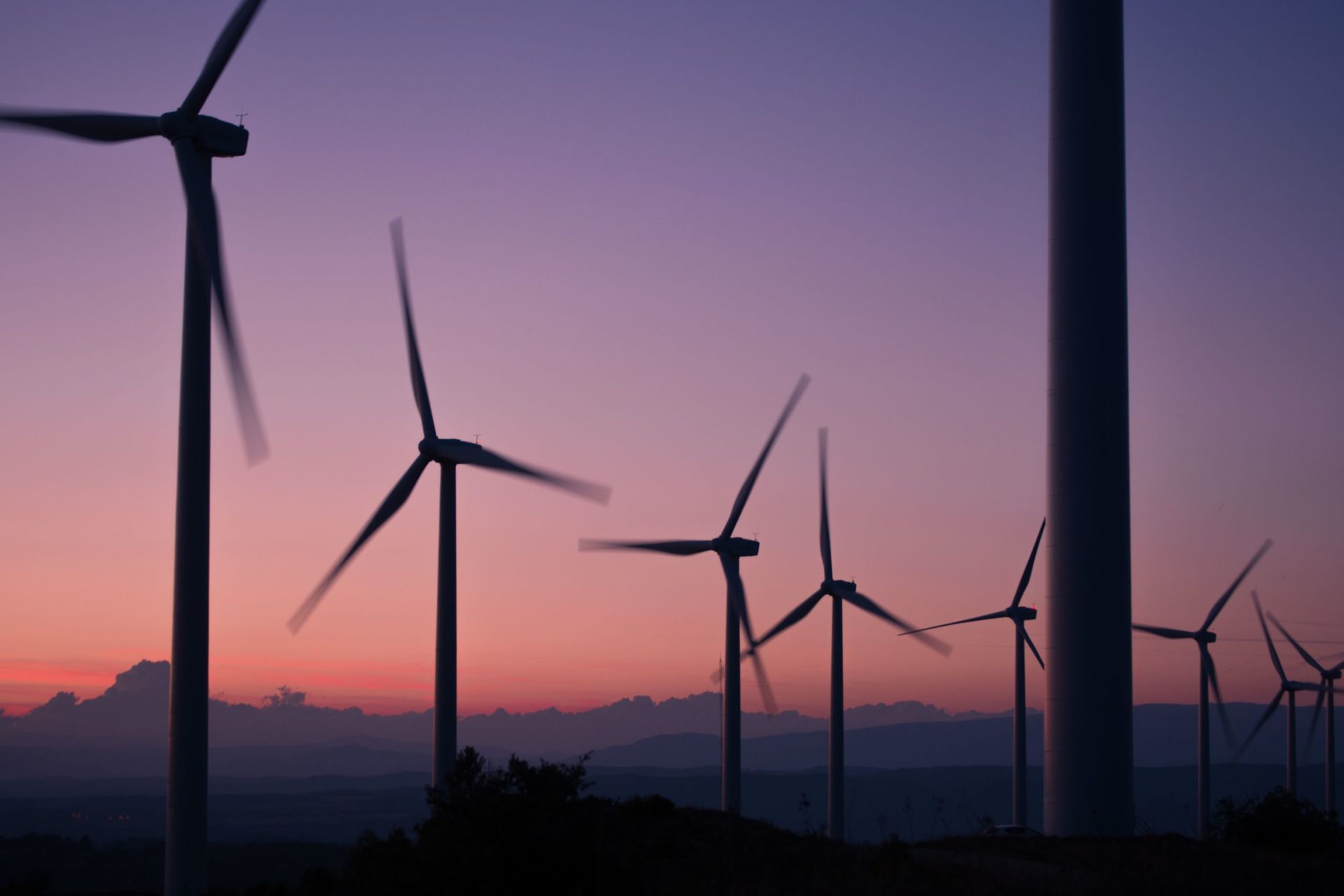
Written by Sara Roza
19 Nov 2019
Sustainable, recycled, bio, organic, vegan, cruelty-free, biodegradable, palm-oil-free, zero waste, eco-friendly, etc. Confusing, right?
If you feel just as lost as I certainly did a few years ago when I started my journey with environmental consciousness (sorry, what?), then this blog post is definitely for you.
As soon as you set foot on Swedish soil, you’ll quickly realize that without having basic knowledge on what the upcoming terms mean, you will feel just as lost, as not knowing what Fika means. So grab your ‘everythingfree’ snack and read critically (corrections and comments are always very welcomed).
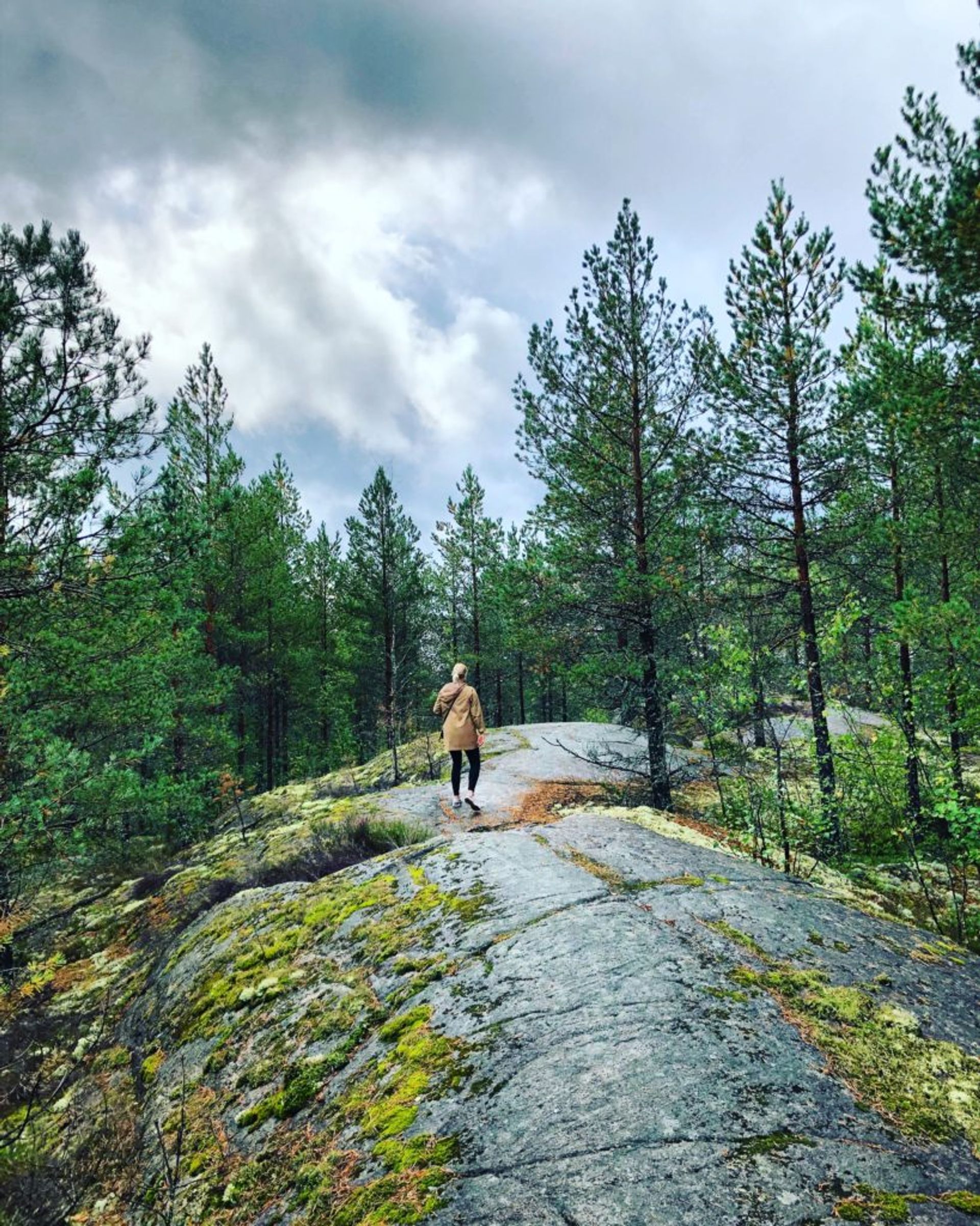
1.Climate change – Cambio climático – 气候变化- изменение климата – जलवायु परिवर्तन – klimatförändring/Global uppvärmning
‘Climate change is a long-term change in the average weather patterns that have come to define Earth’s local, regional and global climates.’ (NASA)
“-Okay, okay. I understand. The climate is changing. But that is completely normal, no? We had already Ice Age, we came out of it. So maybe we will come out of this so-called Global Warming as well….”
- Change usually is something that we (until a certain level) should be able to adapt. B.U.T
- It’s the speed and extent of change that makes the ‘adaptation’ impossible
- Even if human life would be able to adapt (theoretically), our food and resources are not able to adjust to the profound change
And global warming is something that US, humanity caused. Whether if it was the overpopulation and overconsumption, or the excessive consumption and neglige. We did it, and today we are fighting against the climate crisis.
Extreme weather conditions and catastrophes, migration, melting ice, and rising sea levels combined with food and water shortages, infertile soils, extinct plants, and animal species. Devastating future image, right?
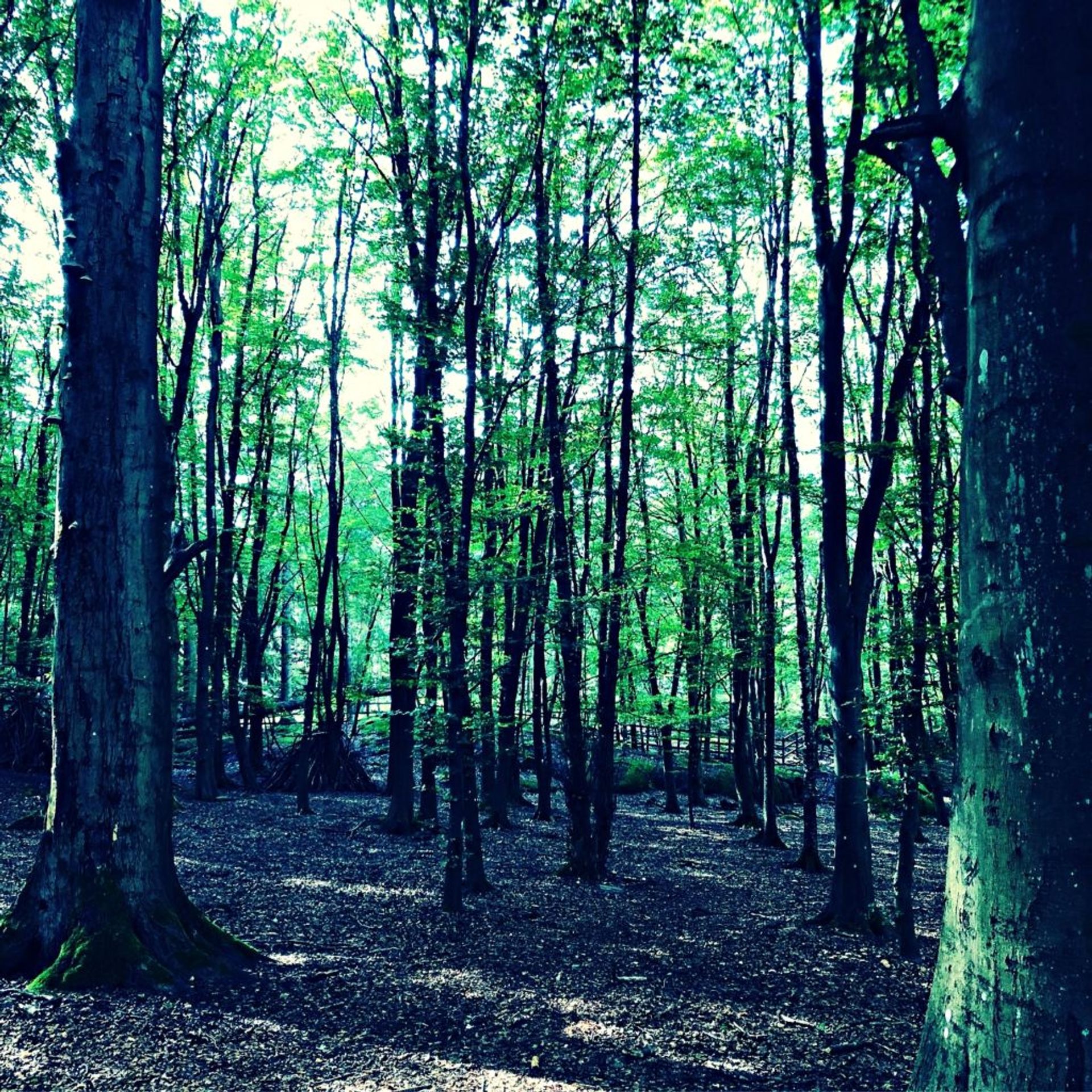
It took me a while to wake up from climate depression and start to act. For a very long time, I thought: ‘What can I do? Me, alone? It does not matter what I do, It won’t change a single thing!” I can’t even describe how wrong I was. But I hope my post will help you to understand that 🙂
- Climate footprint: to measure the human impact on the environment, every activity has a certain amount of greenhouse gas emission. And the measurement of the climate footprint helps Us detecting the activities (transport, cultivation and farming, industrial activities, etc.) ‘contribution to global warming.
There are ‘high impact and low impact’ activities and habits. Some of them can be broken by the individual’s act (YES YOU again), some of them require higher powers. (Avoiding transatlantic flights, having a plant-based diet, recycling, and even having one less child, etc. are require sacrifices and some of them are very controversial, but all placed in the category of high impact activities, made by individuals).
By clicking HERE, ↗️ you can calculate YOUR OWN carbon footprint.
2. Sustainability – sostenibilidad- 可持续性- устойчивость- स्थिरता – hållbarhet
Well, that is a term that you definitely hear in Sweden. What’s more, you can even choose between dozens of Sustainability -related and Sustainability -focused programs.
If you are interested, here is how you can identify them quickly from the Studyinsweden website:


Sustainability means a process or a state that can be maintained in the long-term at a certain level.
In this context, sustainability or sustainable lifestyle/living and act mean to attempt to reduce our use of the Earth’s natural resources, AND our own personal resources.
- ‘As a university student in Sweden, my abilities, time, and budget can make it a little bit harder the ‘change-over.’ I can’t believe how wrong I was again!!!
In Sweden, plastic-free and so-called ‘naked’ (packaging-free) products are becoming more and more popular. Second-hand shopping has its beautiful culture, green-energy is spreading. A year ago one of our former ambassador colleagues, Usisipho wrote and article about Sustainability in Sweden.

3. Recycle(d) -reciclar- перерабатывать –रीसायकल- 回收-återvinna
Recycling is when you process and convert waste into reusable material. Recycled plastic, paper, and other materials can be then reused (sometimes many times) therefore there’s no waste, no ‘new’ material is needed.
- In Sweden Recycling is something beyond… With the help of the recycling revolution and green technology (hybrid transportation, alternative energy,etc.) Swedes managed to significantly reduce their emissions.
In my neighborhood, I have the possibility to separate my waste according to 11!!!!!!!!! categories. Newspaper, packaging- paper, packaging plastic, colored and white glass, batteries, metals (aluminum cans), light bulbs, food-compost, household waste, clothing items. AND once in a while, there’s a container next to my apartment’s parking zone for no-longer-needed furniture.
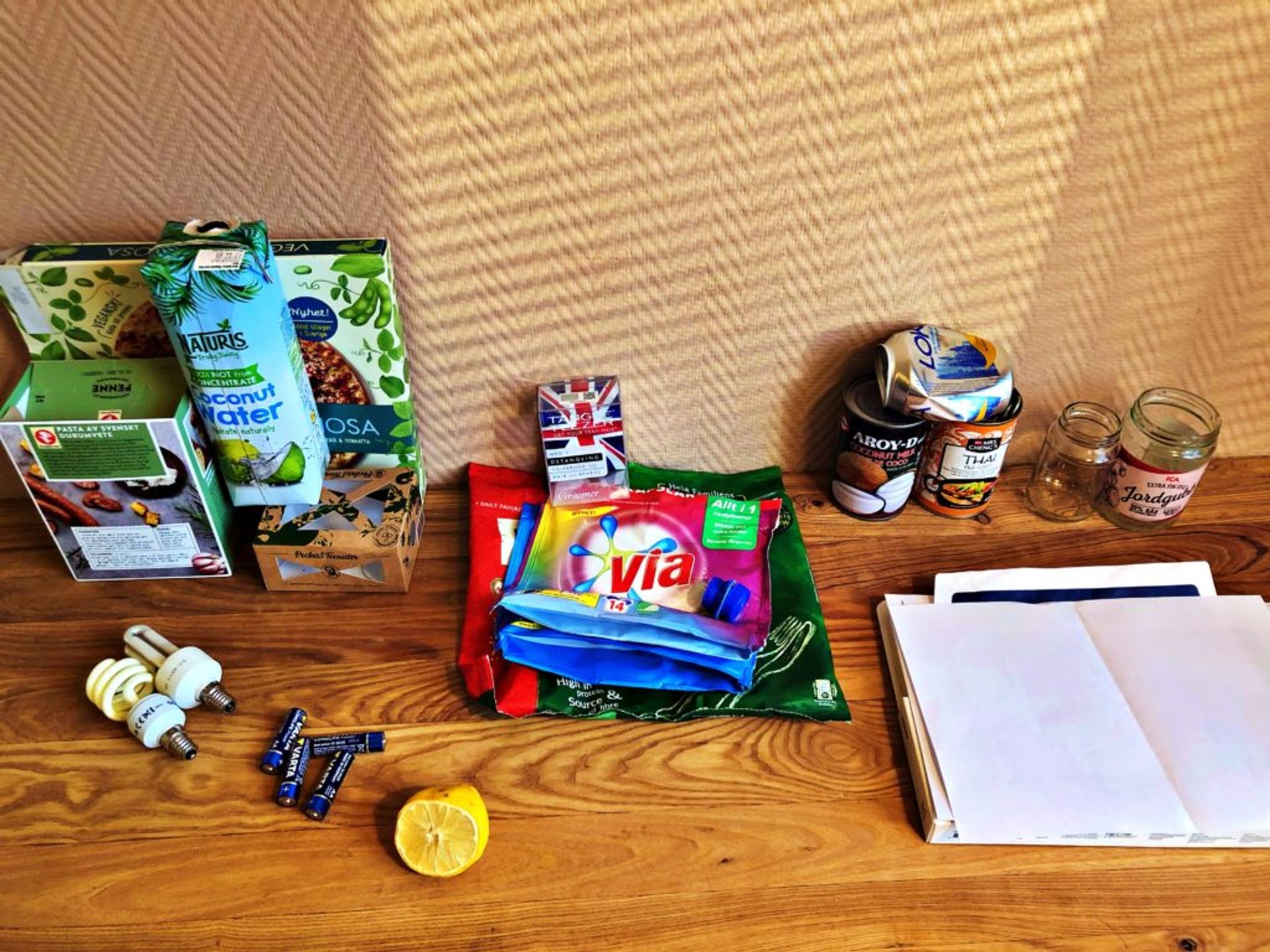
4. Eco-friendly + other labels
- To be ‘Eco-friendly’ means to be non-polluting, and a product or an activity is eco-friendly when it’s not harmful to the environment.
- Vegetarian: no animal meat, but can contain other animal products such as dairy, egg, honey, etc.
- Vegan means not using animal products (no dairy, no meat, no egg, no honey, no fur, no fish, no animal yeasts, etc.) Well to all of Us vegans out there I have to say: SWEDEN yet again you did it! The selection of vegan options here is very vast, and compared to other countries is also (!!) cheap, which is really rare in this category.
- Palm-oil free: palm oil is a vegetable oil, and is an ingredient of many foods, and cosmetics. Palm-oil consumption ↗️ has ethical, environmental, and health problems.
- Fair-trade: if a product is ‘fair-trade’, it means the (third world) producer receives his well-deserved and entitled ‘fair’ amount of salary.
- Organic and bio foods: is grown without the use of chemicals, pesticides, and fertilizers. They don’t contain GMOs (genetically modified organisms).
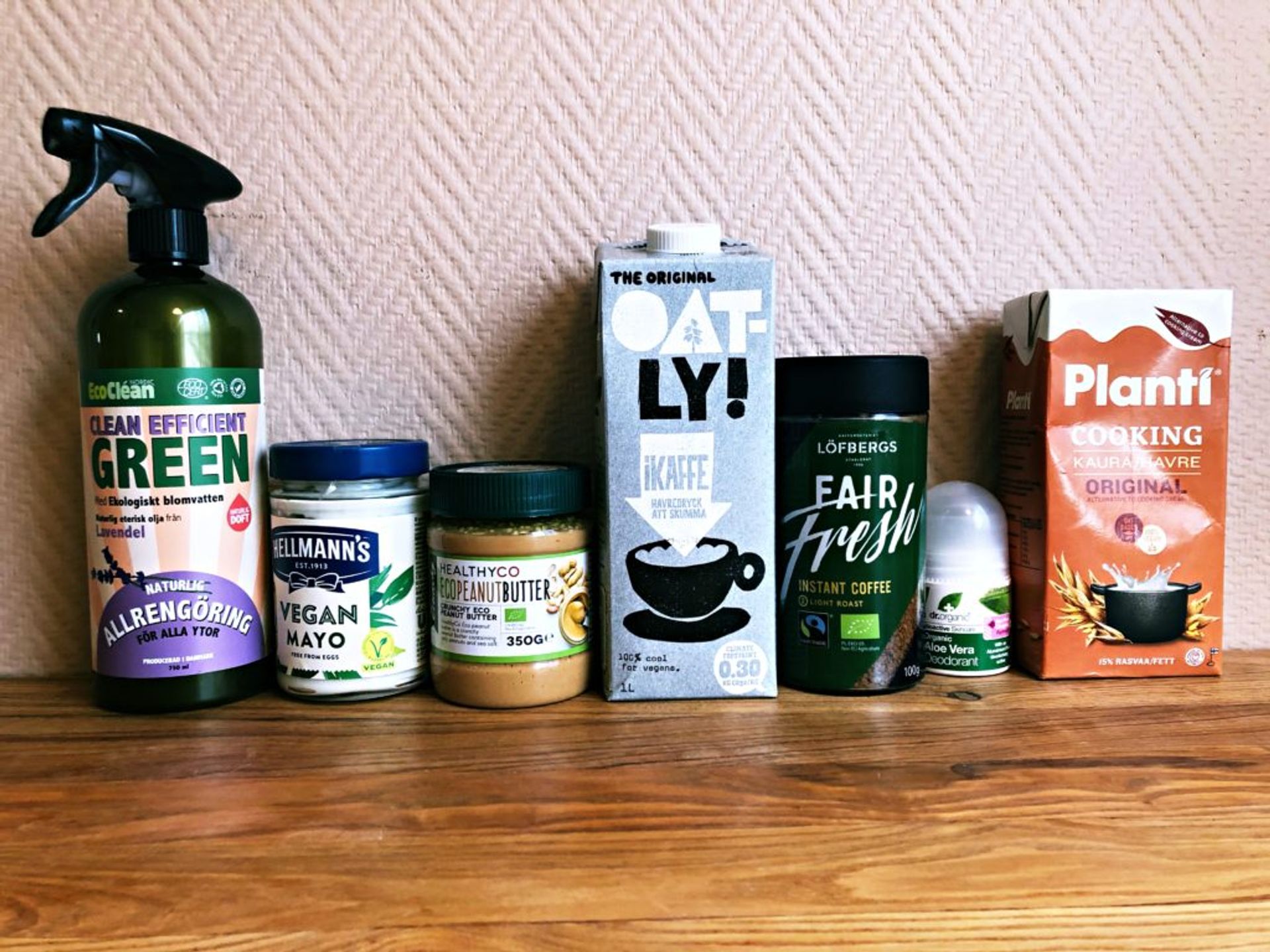
In Sweden, the possibilities to have a sustainable lifestyle are way WAY way W.a.Y easier than back in Hungary. But you have to be critical. No state, no company, or no individual is perfect.
Sometimes I dream about being someone like Greta Thunberg, but my courage, knowledge, nor efforts – unfortunately- are nowhere near to hers.
If you have no idea where to start but you’re enthusiastic and open to new challenges then I highly recommend you to check out these 100+ VERY SIMPLE and easy to do tricks. ↗️ OR make your own list, and let me know how it went. I have to tell you I am nowhere near perfect, and there is a lot more I could (and hopefully will too) to improve myself.
- There are things that my parents thought me about being a non-waster, and to care for the environment. And honestly, that is one of the things that I can’t be grateful enough because it means that I didn’t have to start from rock bottom.

